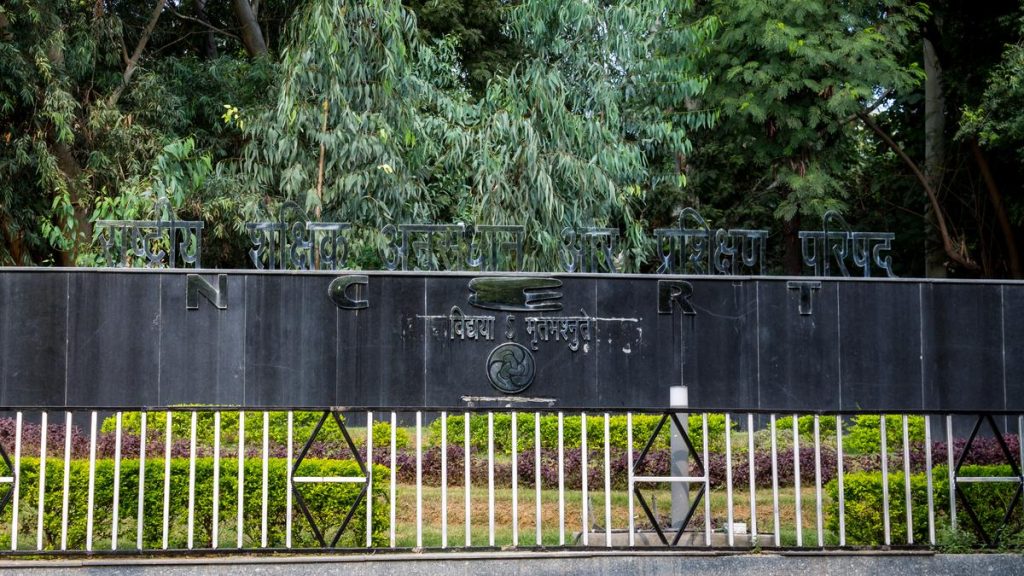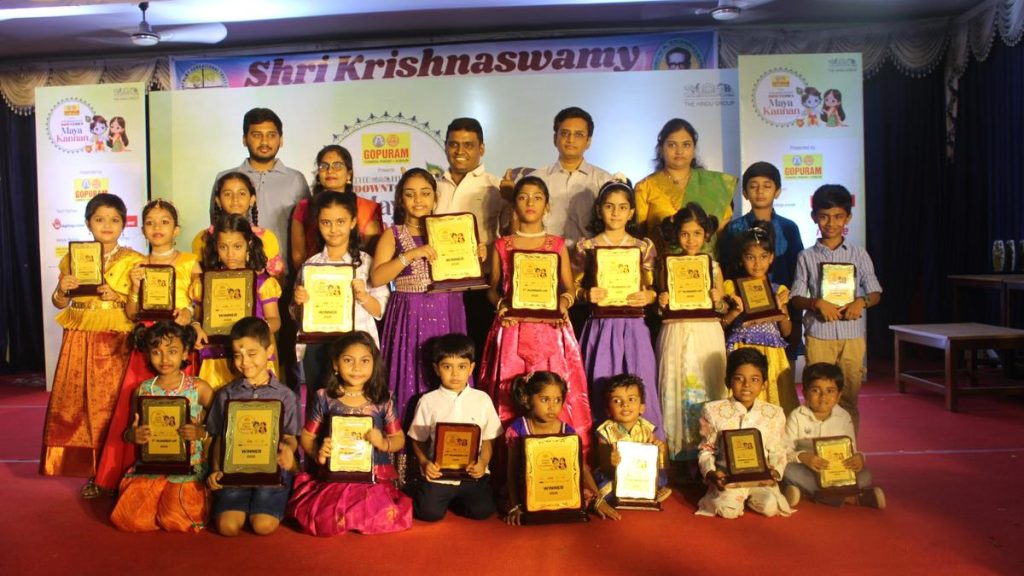Now Reading: Crime Victims, Families Can Challenge Acquittals: Supreme Court
-
01
Crime Victims, Families Can Challenge Acquittals: Supreme Court
Crime Victims, Families Can Challenge Acquittals: Supreme Court

Quick Summary:
- The Supreme Court of India has ruled that victims of crime,including their legal heirs,can appeal against the acquittal of an accused or lenient sentencing in higher courts under Section 372 of the Code of Criminal Procedure (CrPC).
- A Bench comprising Justices B V Nagarathna and K V Viswanathan stated that a victim’s right to appeal should be on par with the rights granted to convicted persons.
- The court emphasized that this right “cannot be circumscribed” and extended it to legal heirs in case a victim dies during ongoing appeals.
- Section 372 was amended in 2009 to include victims’ rights, irrespective of whether they are complainants.
- This judgment reiterates equality between convicted individuals’ appellate rights under Section 374 CrPC and victims’ appellate rights.
Indian Opinion Analysis:
The Supreme Court’s judgment signifies progress towards strengthening victims’ rights within India’s criminal justice system. Historically, appellative mechanisms frequently enough prioritized either state prosecution or convicted individuals; this decision balances those scales by formally empowering victims. By extending such provisions even to legal heirs, the ruling ensures continuity in seeking justice beyond personal limitations like mortality. Its emphasis on parity for victims reflects broader systemic efforts at judicial inclusivity. While this advancement is notable for enhancing equity within procedural law, its practical application will depend heavily on public awareness and streamlined processes enabling affected parties to navigate the appeals successfully.
Read More: Source Link

























